Frequently Asked Questions
Why have so many forms of cancer proven to be so difficult to treat effectively?
A primary reason for the failure to control certain types of cancer is the inability to effectively kill cancer stem and stem-like cells (CSCs)/poorly differentiated tumors at a cellular level. Although CSCs comprise only a small number of the cells in the tumor, they are capable of self-renewal in both primary tumors and their metastatic variants, thus maintaining the bulk of the tumor through cycles of self-renewal, differentiation, and de-differentiation. Even with an increased focus on the development of gene and cell therapies with the ability to target specific tumor cells, very little progress has been made in treating solid tumors or demonstrating the ability to identify and kill the CSCs capable of self-renewal or mutation to avoid detection by the targeted therapies. As a result, the five‐year survival rate for many cancer patients, including those with pancreatic and several forms of ovarian cancer, remains a dismal 5%. The only solution is the development of new therapeutic strategies that can target and kill these CSCs.
What are natural killer (NK) cells and how are they unique?
NK cells belong to the innate lymphoid cell family and comprise 5–15% of peripheral white blood cells. These cells have two discreet functions: (1) to kill CSCs/poorly differentiated tumors (or other abnormal cells) in the body through cell mediated cytotoxicity; and (2) the secretion of gamma interferon (IFN-y) and tumor necrosis factor alpha (TNF-a) to induce the differentiation of those CSCs that avoid cell death. NK cells are known to be critical immune cells in the fight against cancer. While T-cells have been the primary focus of cancer immunotherapy, it is generally recognized that in the prevention of metastases through the elimination of circulating cancer stem cells with high metastatic potential, NK cells are the main immune effector cells due to their unique ability to identify and spontaneously kill poorly differentiated cancer stem and stem-like cells that do not express MHC class I on their surface. Given the propensity of solid tumors to down-regulate the surface expression of MHC class I, this unique function of NK cells is critical in those circumstances where cytotoxic T cells, which require MHC class I for tumor recognition and elimination, are incapable of mounting an immune response. With recent advances in our understanding of the immune system at a cellular level, a number of clinical trials using both autologous and allogeneic NK cells have been initiated to explore the therapeutic potential of these cells.
How does the tumor microenvironment affect a patient's NK cells?
The suppressive tumor microenvironment has been shown to significantly impair NK cell function in cancer patients. Specifically, in these patients, NK cells lose their ability to kill or differentiate the CSCs which leads to disease progression.
Is it possible to restore a patient's NK cell function?
We think so. In preclinical animal models, Anahid Jewett, Ph.D., MPH, Professor and Director of the Tumor Immunology Laboratory in the Division of Oral Biology and Medicine at UCLA, has demonstrated the potential to not simply stop or reverse disease progression with activated NK cells, but to restore immune function in some of the animals. Clinical trials are necessary to assess the ability of NK101 to reverse the progression of disease and restore immune function in patients. Dr. Jewett is a co-founder of NKore and a Scientific Advisor to the company.
What is NK101 and why do you think it can provide a helpful palliative care option for cancer patients?
To overcome the impairment of the NK cells in the tumor microenvironment, Dr. Jewett developed a method to activate or "supercharge" NK cells obtained from qualified healthy donors (allogeneic cells) for clinical use as a cellular-based immunotherapy to reduce the pain and discomfort associated with metastatic or unresectable cancers for which standard curative measures do not exist or are no longer effective. The activation method used to produce NK101 has been specifically developed to make the allogeneic NK cells more potent and more robust to enable the cells to withstand the suppressive tumor microenvironment in cancer patients. NK101 has proven successful in preclinical models in targeting and spontaneously killing the CSCs that are the seeds of the tumor cells in both hemopoietic cancers and solid tumors. Based on the preclinical studies performed in Dr. Jewett's laboratory, we believe that the novel mechanism of action of these cells will combine to reduce the pain and discomfort associated with disease, or the side effects of other treatments or curative measures previously administered.
How is NK101 formulated and administered?
NK cells will be isolated from the peripheral blood of qualified healthy donors. Generally, donors will be selected in accordance with donor eligibility criteria established by the US Food and Drug Administration (FDA). NK101 is then formulated by expanding and activating the NK cells in vitro in a manner consistent with current Good Manufacturing Practices using the proprietary method developed by Dr. Jewett. NK101 will be administered to patients via infusion therapy (IV drip) under the supervision of a treating physician. The cellular-based immunotherapy is cryopreserved and thawed prior to use to provide an off-the-shelf therapy for patients.
What is the regulatory status of NK101?
NK101 has not been approved for clinical use in the United States. We anticipate filing our Investigational New Drug (IND) application with the FDA by Q4 2025 and, subject to the guidance received from the FDA as part of the IND process, we hope to obtain approval to commence a Phase I clinical trial for the treatment of patients with hematologic malignancies in Q1 or 2 of 2026.


